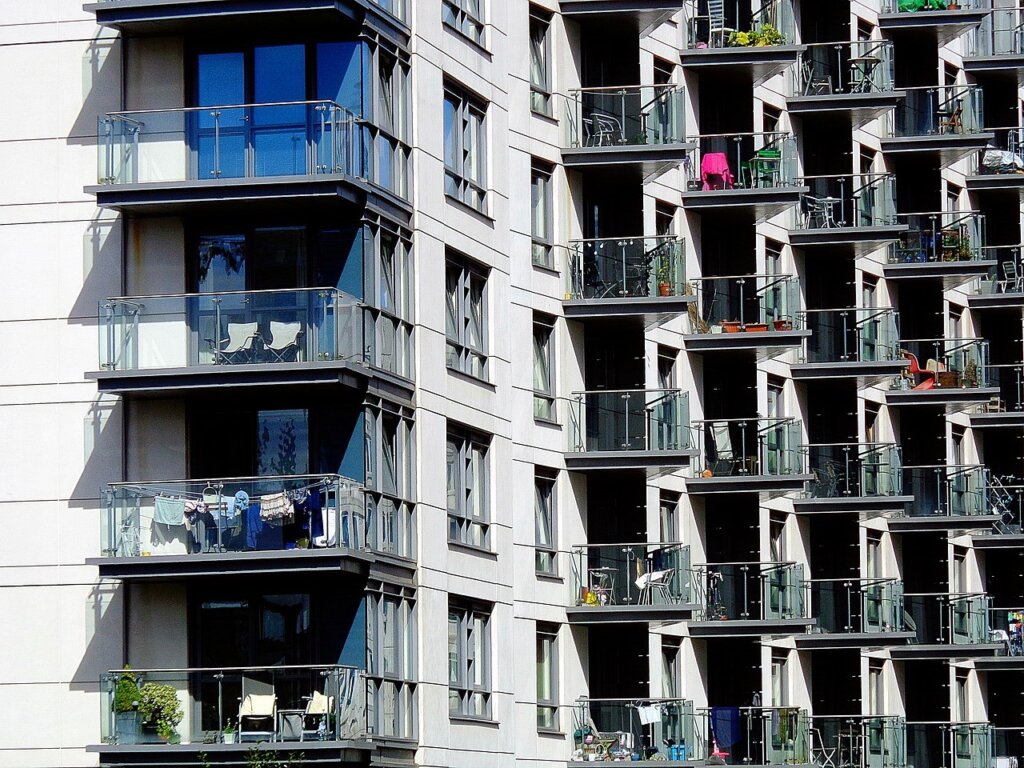Record low German house prices
Housing prices in Germany have fallen in the sharpest decline since data collection began in 2000, with larger cities seeing harder falls. In fact, we are seeing record low German house prices.
German house prices fell the most since records began in the second quarter as high interest rates and rising material costs took their toll on the real estate market in Europe’s largest economy, according to government data.
Housing prices fell by 9.9% year-on-year, the sharpest decline since the start of data collection in 2000, the federal statistics office said on Friday.
Prices fell by 1.5% in the quarter, with steeper declines in larger cities than in more sparsely populated areas.
In cities such as Berlin, Hamburg and Munich, apartment prices fell by 9.8% and single and two-family house prices fell by 12.6% over the year.
For a decade, low interest rates have fueled a property boom in Europe’s largest real estate investment market. A surge in prices and rising construction costs have put an end to the race, leading to a string of developers going bankrupt as business froze and prices fell.
Building permits for apartments in Germany fell by 31.5% in July from a year earlier, the statistics office revealed on Monday, as construction prices rose by almost 9% over the year. This compares with Germany’s target of building 400,000 apartments per year, which it has struggled to achieve.
Germany’s housing industry association GdW sounded the alarm on Friday over the situation and called for state support for construction companies.
“The construction crisis in Germany is getting worse day by day and is increasingly reaching the center of society,” GdW, which represents some 3,000 housing companies across the country, said in a statement.
GdW called for a reduction in value added tax (VAT) to 7% from the current level of 19% for affordable rents and government funding loans with an interest rate of 1% to support businesses.
The government is scheduled to hold a summit with industry on Monday to discuss the situation.
GdW and the Haus&Grund owners’ association said they were boycotting the summit because they had too little influence on its agenda.
The German cabinet plans to present a support package for the industry at the end of the month after announcing plans to promote the construction sector, including reducing regulatory and bureaucratic requirements.
About the Viking
With Viking’s signals, you have a good chance of finding the winners and selling in time. There are many securities. With Viking’s autopilots or tables, you can sort out the most interesting ETFs, stocks, options, warrants, funds, and so on.
Click here to see what Vikingen offers: Detailed comparison – Stock market program for those who want to become even richer (vikingen.se)













